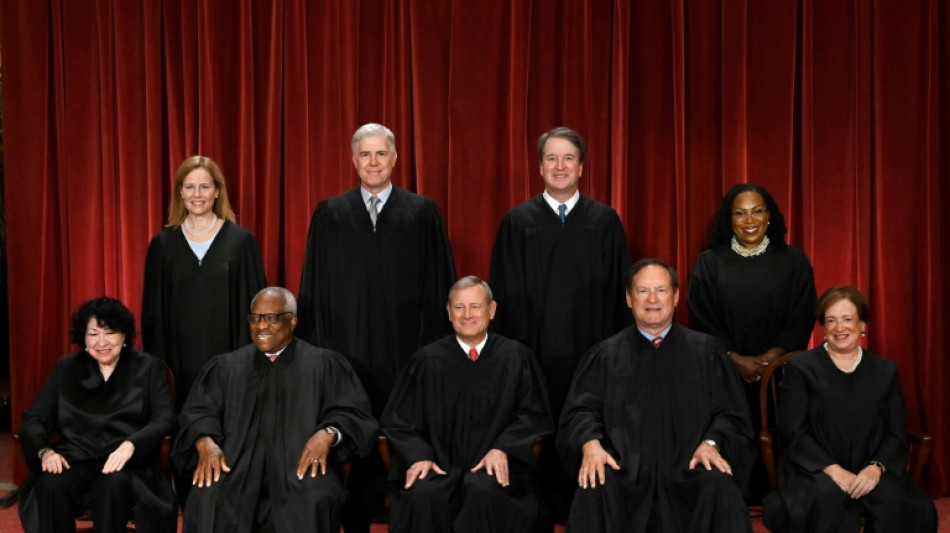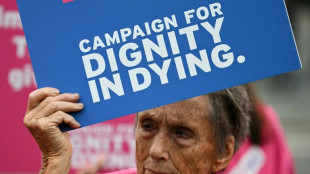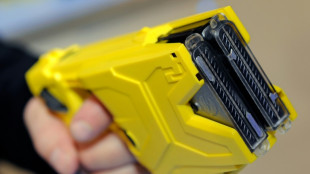

Supreme Court rules on Trump immunity, delaying trial
The US Supreme Court ruled Monday that Donald Trump enjoys some immunity from prosecution as a former president, a ruling that will likely delay his trial for conspiring to overturn the 2020 election.
The 6-3 decision split along ideological lines comes four months ahead of the election in which Trump is the Republican candidate to take on Democrat Joe Biden.
Conservative Chief Justice John Roberts, in his majority opinion, said a president enjoys "absolute immunity" from criminal prosecution for official acts taken while in office.
"There is no immunity for unofficial acts," Roberts said, sending the case back to a lower court to determine which of the charges facing the former president involves official or unofficial conduct.
The three liberal justices dissented, with Justice Sonia Sotomayor saying "never in the history of our Republic has a President had reason to believe that he would be immune from criminal prosecution if he used the trappings of his office to violate the criminal law."
"With fear for our democracy, I dissent," she said.
Trump's original trial date in the election case had been for March 4, well before his November rematch with President Joe Biden.
But the Supreme Court -- dominated by conservatives, including the three appointed by Trump during his term in office -- agreed in February to hear his argument for presidential immunity, putting the case on hold while they considered the matter in April.
Facing four criminal cases, Trump has been doing everything in his power to delay the trials at least until after the election.
On May 30, a New York court convicted Trump on 34 felony charges of falsifying business records to cover up a sex scandal in the final stages of the 2016 presidential campaign, making Trump the first former US president ever convicted of a crime.
His sentencing will take place on July 11.
The New York hush money case was considered the weakest of the four cases by many legal experts, but likely the only one that will see trial before the vote.
By filing many pre-trial motions, Trump's lawyers have managed to put on hold the three other trials, which deal with his attempts to overturn the 2020 election results and hoarding top-secret documents at his home in Florida.
If reelected, Trump could, once sworn in as president in January 2025, order the federal trials against him closed.
D.Wolf--MP




